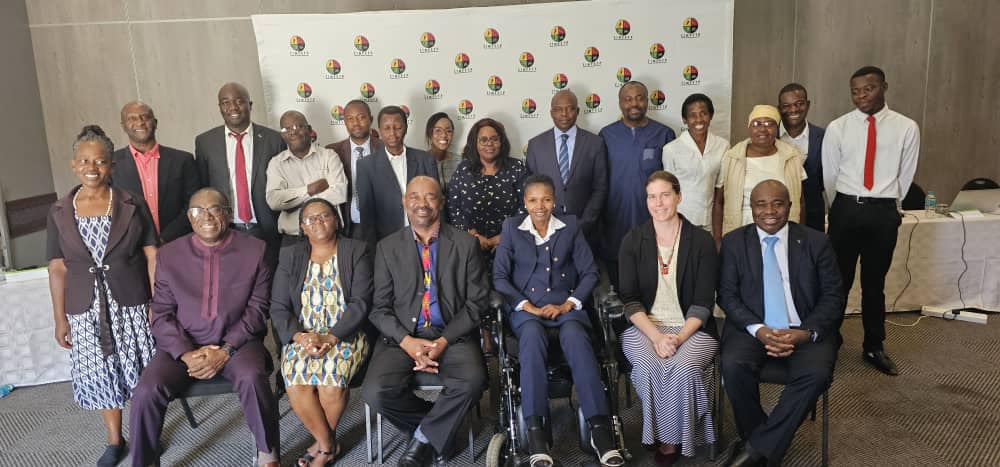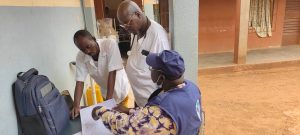Zimbabwe set to inaugurate frontline FETP with 20 residents
-
by
AFENET

After 30years of only implementing the advanced tier of the field epidemiology training program (FETP), Zimbabwe is set to introduce the frontline FETP tier, which will run as a pilot seed funded by the US Centers for Disease Control.
The FETP model comprises of three tiers including FETP-Frontline, FETP-Intermediate, and FETP-Advanced.
Ahead of the launch, a stakeholder meeting was held in early March to discuss the structure and benefits of the program to the country, establish buy-in, and implementation strategy. All strategic partners at the March 7, 2024, meeting welcomed the development, emphasizing the significance of the training to the country.
Underlining a constantly evolving public health landscape, with emerging infectious diseases, outbreaks, and other health threats placing increasing demands on our healthcare system, Zimbabwe FETP Program Director Prof Mufuta Tshimanga noted that the frontline training could not have come at a better time.
“The COVID-19 pandemic and recent cholera outbreaks have underscored the critical importance of having a skilled and well-prepared frontline workforce capable of detecting, responding to, and effectively managing public health emergencies,” said Prof Tshimanga, explaining that the
Frontline Pilot Program was designed to address the pressing need for a competent frontline workforce equipped with the essential skills for disease surveillance, detection, and response.
Expressing gratitude to the CDC “for their generous support and commitment to strengthening public health in Zimbabwe,” Prof Tshimanga noted that this partnership and funding would “yield tangible benefits for our public health system.”
Dr. Amy Peterson, the CDC Zimbabwe Associate Director of Science, concurred saying initiation of the frontline FETP was the beginning of ongoing engagements between the Ministry of Health and Childcare (MoHCC) and partners to support the country’s health system. She observed that while the Zimbabwe Advanced FETP had been successful and a standard for many countries, there was need to strengthen lower-level capacity with frontline FETP.
In remarks read for him by Dr Stanley M Midzi, the World Health Organization Country Representative Prof Jean-Marie Dangou noted that the current over a year cholera response, had brought to the fore the need to strengthen preparedness and response at the district and sub-district levels of care. “WHO finds this initiative noble and would like to be associated with it since it complements our efforts as outlined in our new generation of Country Cooperation Strategy (CCS 2023-2028). That is why WHO would be one of the strong advocates for this initiative.”
The MoHCC, through Dr Owen Mugurungi who represented the permanent secretary, is in support of the new initiative deemed strategically aligned with the country’s vision to enhance public health infrastructure and build a cadre of knowledgeable and resilient public health practitioners.
“By empowering frontline workers with the necessary epidemiological skills and knowledge, we are not only enhancing our capacity to respond to existing and emerging health threats but also laying the groundwork for a sustainable and resilient public health infrastructure that can adapt to evolving challenges,” said Dr Mugurungi.
The inaugural cohort of the frontline FETP will have 20 residents who will undertake a 3-month in-service training program to strengthen epidemiologic capacity at the district level of the health system by improving the staff’s ability to detect, investigate, and response to diseases and events of public health importance or international concern.



